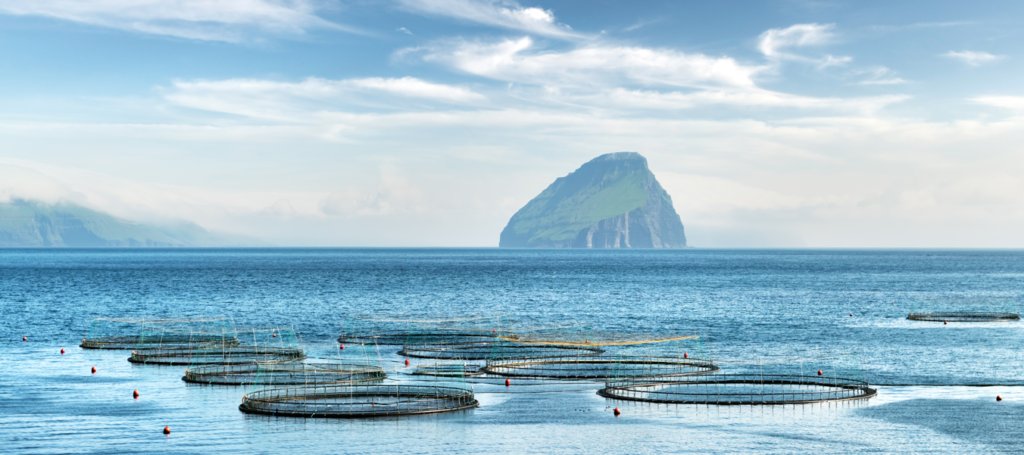ISA discovered at Bakkafrost Faroes site

Infectious salmon anaemia (ISA) has been found at two Bakkafrost pens at a site in the Faroe Islands, the company confirmed today.
The discovery was confirmed after tests were taken at the company’s farming site A-19 Vágur.
The full site has a million fish in total, with an average weight of 2.6 kg.
The news will be a shock for the company and to the Faroese salmon farming industry overall because the disease is particularly rare in the islands. In contrast, Norway has seen cases confirmed on a regular basis in recent months.
The Faroese industry has long prided itself that it has largely remained disease free over a number of years. The discovery will also have an adverse impact on the company’s output by up to 3,000 tonnes this year.
Bakkafrost said in a statement: “Strict measures have been implemented to contain the virus and prevent further spread.
“The two affected pens will be harvested out immediately and the full site will be harvested out within two months, in line with Faroese regulation.
“Consequently, estimates show that harvest volumes for 2024 will be reduced with 2,000-3,000 tonnes gutted weight by the accelerated harvest of the entire farming site A-19 Vágur.”
ISA is an infectious viral disease that only affects the fish. It does not affect humans and is therefore not a risk to food safety.
The disease was first reported in Norway in 1984 but has since been found in Scotland, Canada and Ireland.
Both outbreaks of ISA in Scotland in 1998-99 and 2008-09 were successfully eradicated.
Following the announcement, Bakkafrost shares fell by almost three per cent on the Oslo Borse this morning.

